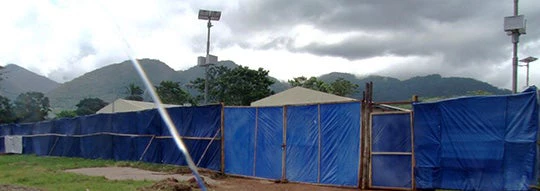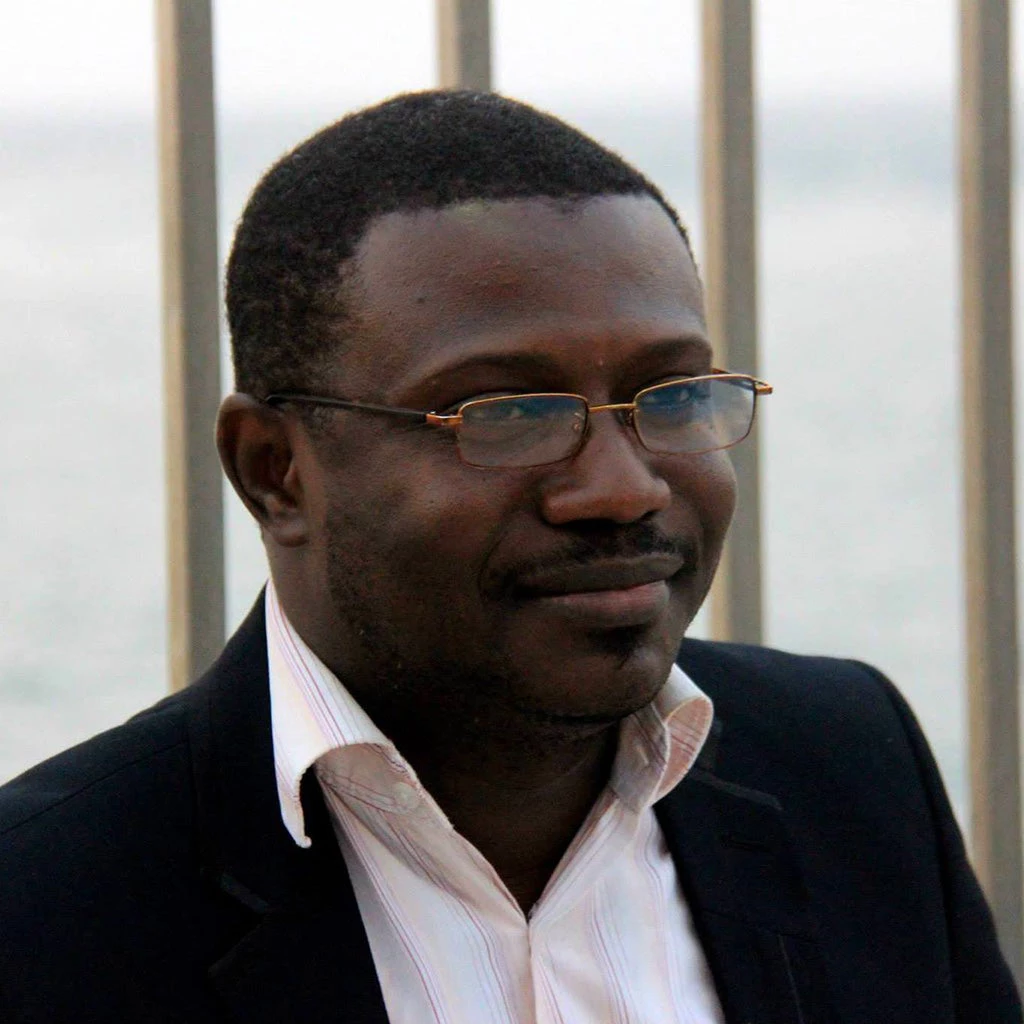When I heard Aminata Bangura’s story, it sent a shiver through my spine.
The five-year-old recently lost both of her parents to the Ebola virus, and she is now going back to an empty home, not sure whether her extended family members will ever be as kind to her as her real parents, whether her playmates will ever play with her again or whether she will ever have the chance to go to school again.
I heard Aminata’s story, and the stories of other Ebola virus survivors, during a recent ceremony to discharge 46 patients from the Hastings Ebola Treatment Center, the only center in Sierra Leone manned completely by Sierra Leonean healthcare professionals. Seventeen of the 46 survivors are under 18 years old, and all of them are uncertain about how they will be received in their communities when they return home.
Stigmatization has been a big problem in the Ebola fight; health workers have been thrown out of rented houses and survivors ostracized by their communities, driving suspected cases underground. Now, some families hide their loved ones instead of reporting to health facilities, while others prefer to move away from their communities in order to die, as a result spreading the disease further.
Survivor Fatmata Kamara, 30, says there is no need for such fear.
“Do not hide your loved ones and do not treat them at home even if they are your mother or father, otherwise the virus may wipe out your family,” she cautioned during the ceremony. “Bring them to the hospital earlier and they would stand a high chance of survival, just like us.”
Alusine, a painter from Makeni, Northern Sierra Leone, began to have symptoms soon after he lost his in-laws and his wife to the virus.
“I immediately ran to the hospital and reported myself and today, here I am, a survivor,” he said. Alusine’s only worry now is how to raise his two girls alone.
Ebola was first officially reported on May 25, 2014 in remote parts of the Kailahun District in Eastern Sierra Leone in a chiefdom called Kissi Teng. In just two months, the virus had spread virtually to every district but one. As of October 30th, according to the Ministry of Health and Sanitation’s 2014 Ebola Situation Report, the virus has claimed the lives of 1059 Sierra Leoneans and infected 3,793. More than 125 of these were health workers, at least four of whom were senior medical doctors. And we are still counting.
This outbreak is not only killing people, it is inflicting untold hardship on a population that is already poverty-stricken, and it is not showing any signs of a letting up. The World Health Organization has said the epidemic is spreading exponentially and has become “rampant.” Doctors Without Borders has said the number of new infections is doubling every two weeks. The organization is over-stretched and needs help.
In spite of these particularly grim statistics and forecasts, many of Sierra Leone’s health care workers have not abdicated. In fact, they have remained true to their Hippocratic Oath and committed to save people from the deadly clutches of this unprecedented epidemic.
For example, more than 175 patients have been admitted to the Hastings Center since it’s opening on September 19, 2014.
“To take care of these patients, we have nine medical doctors, seven from the Ministry of Health and Sanitation and two from the Military Hospital,” said Dr. Santigie Sesay, director of the center. “In addition to these, there are 104 nurses and 80 support staff.”
President Ernest Bai Koroma spoke during the survivors’ ceremony. He expressed pride in this success story of Sierra Leoneans helping their compatriots, a story that shows what coordination and dedication to service can do. To date, there have been 788 survivors, including a two-month-old baby recently released from the center.
The president also said that while international partners would come and help, the government and the people of Sierra Leone must also take ownership of this fight to save their people.
“The Ebola virus outbreak has almost grounded our economy and we need to defeat this outbreak very soon,” the president said.
Although he acknowledged the international community’s support, President Koroma still appealed for more assistance to stem the scourge of Ebola.
He said Sierra Leone needs more treatment centers and up to 1000 beds sooner rather than later.
Citizens from all walks of life have rallied around the fight against Ebola, giving many of us an added sense of patriotism and nationhood for a country besieged by an unseen enemy. It is this patriotism that is giving hope to innocent children like Aminata, who have been orphaned by this unforgiving disease.



Join the Conversation